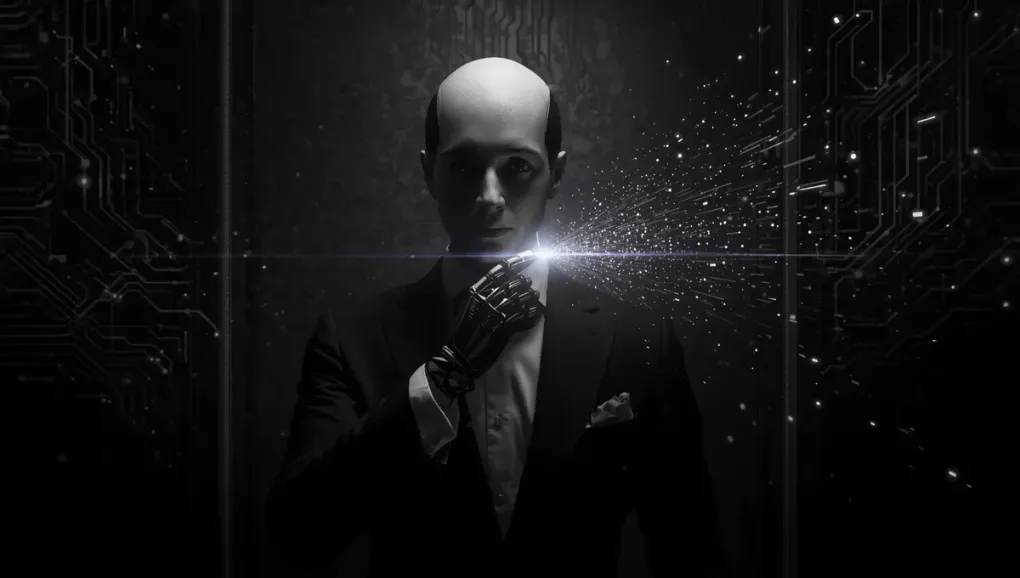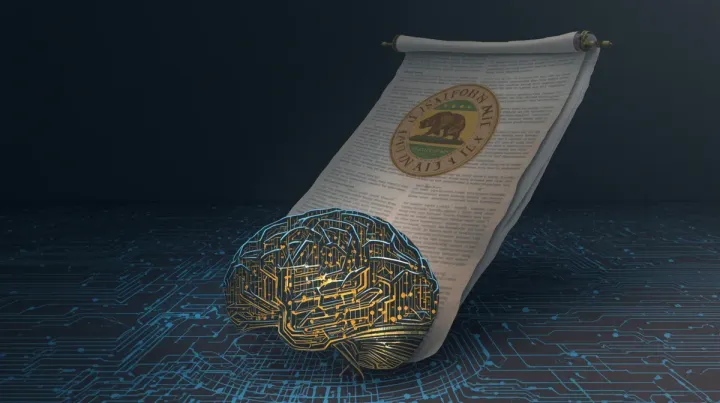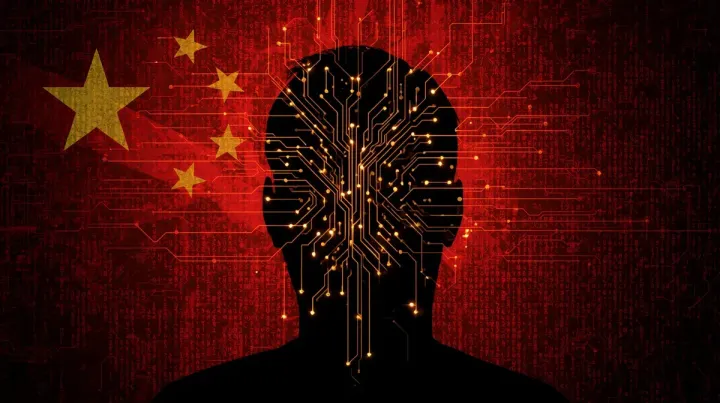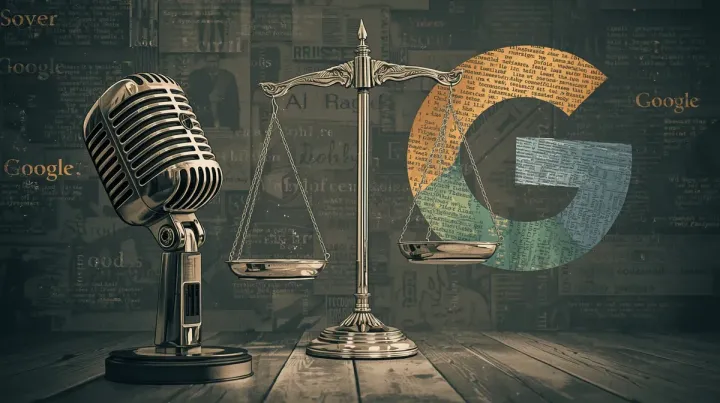
The Mask Is Off: OpenAI's Swampy Love Affair with Political Power
I always knew it was just a matter of time. The whole “nonprofit” and “developing AI for the good of humanity” schtick was always a little too clean, a little too utopian to be true. And now, reality has come knocking, loudly. The news that OpenAI has hired a veritable army of veteran political lobbyists and operatives to bend the California government to its will is the final, irrefutable proof that the mask of neutrality has not just slipped-it’s been gleefully thrown into the bonfire of its own founding principles.
This isn’t just business as usual. This is a high-caliber political operation, a deliberate fusion of Big Tech’s immense power with the grimiest machinery of the political establishment.
A Roll Call of the Usual Suspects
Let’s not mince words. The list of names OpenAI has assembled reads like a who’s who of Democratic party insiders. We have Chris Lehane, a man who cut his teeth in the Clinton White House during the Monica Lewinsky scandal. This is not a man you hire for a friendly chat; you hire him to make problems go away.
And it doesn’t stop there. The team is crawling with operatives from the inner circles of California Governor Gavin Newsom and Vice President Kamala Harris. People like Peter Ragone, who helped Newsom navigate his own personal scandals, and Brian Brokaw, Harris’s former campaign manager.
These are not tech policy wonks. These are political power brokers, experts in leverage, narrative control, and backroom deals. Their presence in OpenAI’s ranks sends a clear and chilling message: the company is no longer just in the technology game; it’s in the power game.
The “Public Benefit” Charade
So, why the sudden need for this political muscle? The official reason is to “help” with OpenAI’s transition from a nonprofit to a “public benefit corporation.” This is a clever piece of legal jargon that allows the company to rake in massive outside investment-and let’s be honest, profits-while maintaining the thinnest possible veneer of social responsibility through its original nonprofit arm.
It’s the oldest trick in the corporate playbook: privatize the profits while socializing the image. They get to act like a ruthless, for-profit entity while pointing to their “nonprofit” status whenever critics raise ethical questions.
The question is, who is the “public” that’s actually benefiting here? Is it the average person, or is it the shareholders, venture capitalists, and political allies who now have a direct line to the most powerful technology on the planet?
The Ghost of Principles Past
The irony is so thick you could choke on it. Elon Musk, a co-founder who left the board, has been warning for years that OpenAI was becoming the opposite of its name: closed, unstable, and driven by a profit motive. His criticisms, once dismissed by some as sour grapes, now look prophetic.
The original mission of OpenAI was to be a transparent, open counterweight to the immense power of corporate AI labs like Google’s DeepMind. It was supposed to be different. It was supposed to be our AI.
That dream is dead. How can we possibly trust OpenAI to handle the profound questions of AI alignment and safety when they are so blatantly aligning themselves with a specific political faction for their own corporate gain? How can they claim to be building an AI that represents all of humanity when their boardroom is starting to look like a Democratic National Committee strategy session?
A Glimpse of Our Glorious Future
This isn’t just about one company’s hypocrisy. This is a terrifying glimpse into the future. We are witnessing the blueprint for how this world-changing technology will be controlled: not by ethicists, scientists, or the public, but by a cozy cabal of tech billionaires and political elites.
They are building a new kind of monopoly, one that controls not just the market, but the very infrastructure of information and reality itself. And they are doing it with the blessing and active participation of the same political class that has failed us time and time again.
What kind of future are we building? Is it one where AI is a tool for human liberation and progress? Or is it just a more efficient whip in the hands of the same old masters, now armed with a friendly, AI-powered public relations smile?
Judging by this latest move, the answer fills me with a profound sense of disgust. The future is here, and it looks disappointingly familiar.


